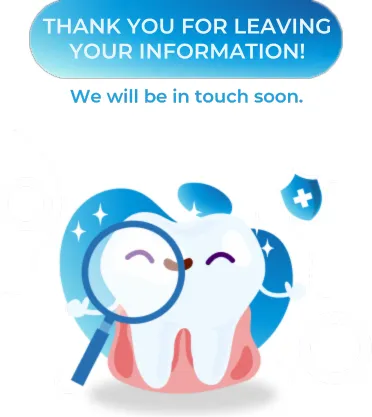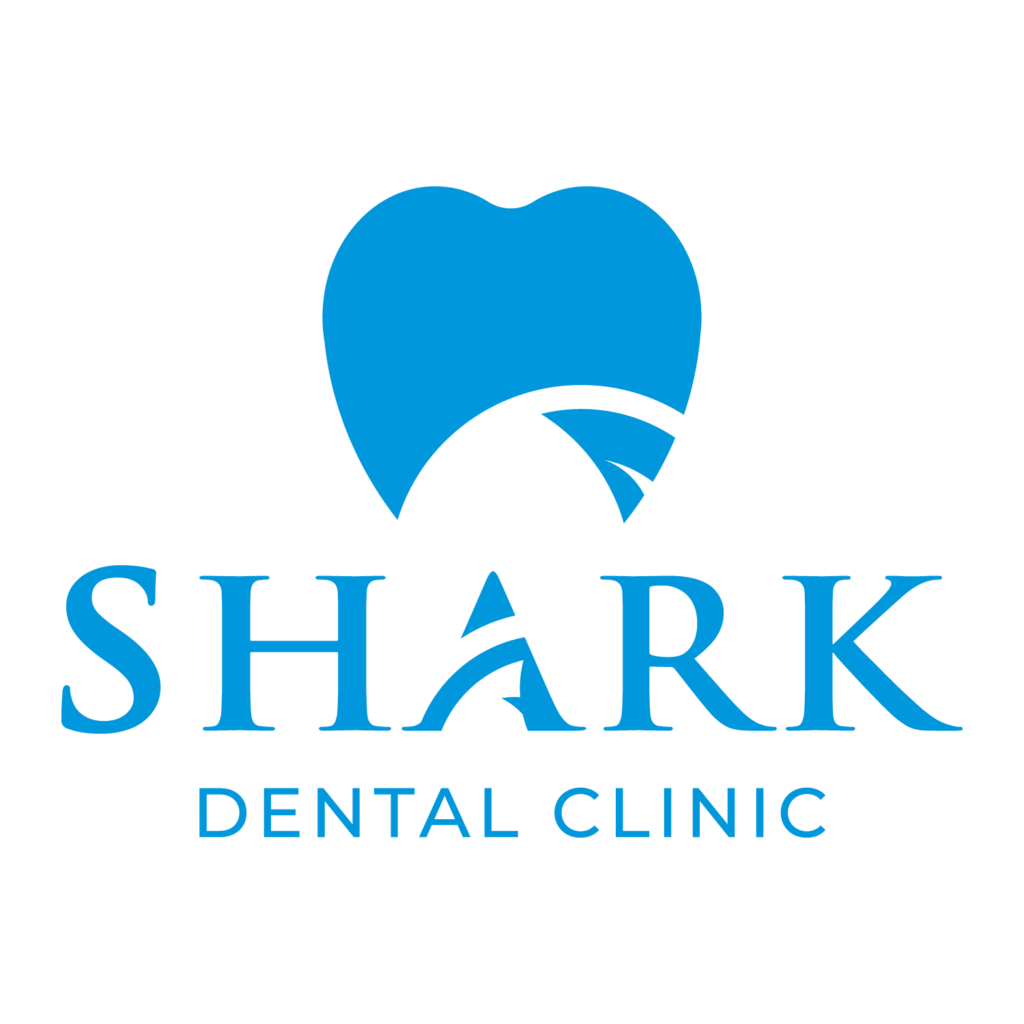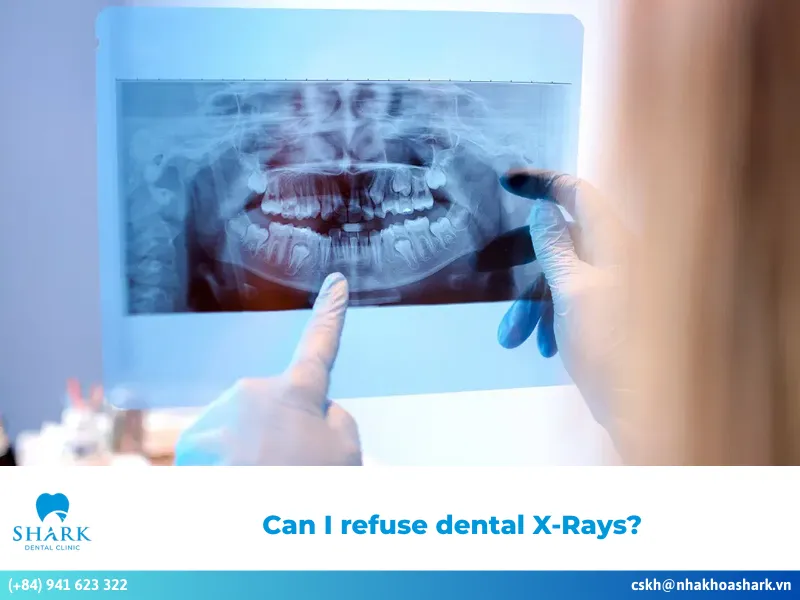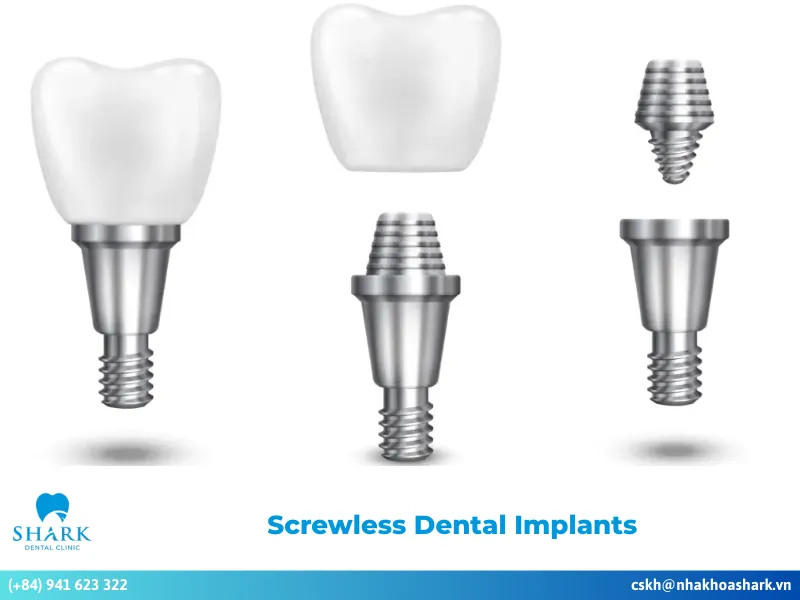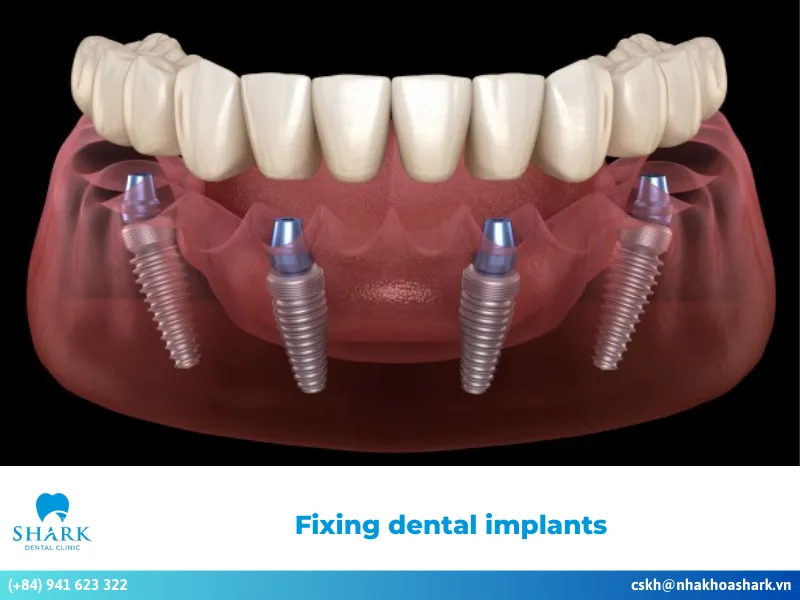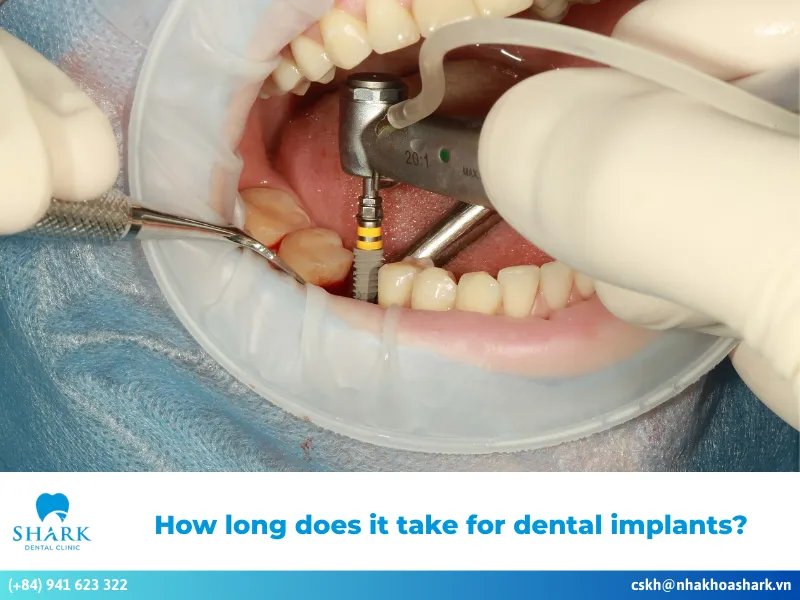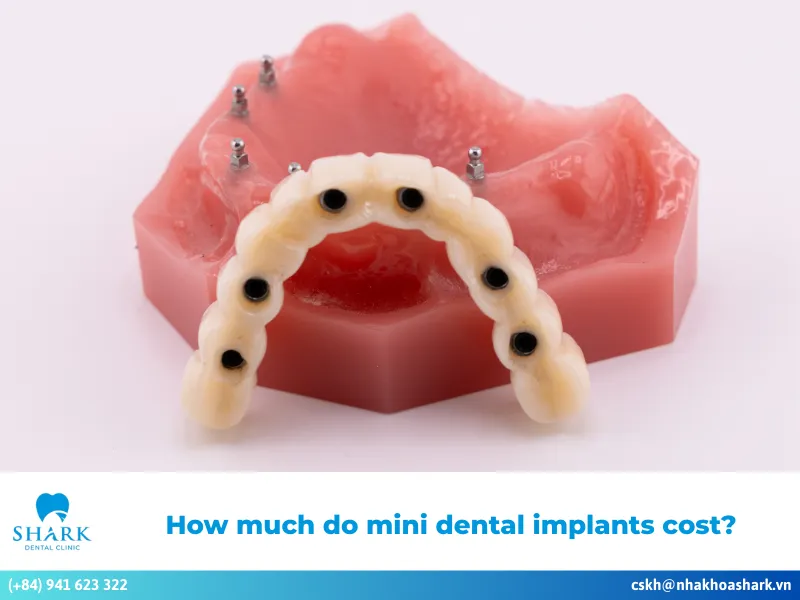Taking Amoxicillin after a root canal helps prevent potential infections. However, many patients often wonder how long to take Amoxicillin after root canal? In the following article, Shark Dental Clinic will provide a clear answer along with important factors to consider when using this antibiotic.
Are antibiotics necessary after a root canal?
The necessity of antibiotics after a root canal depends on the specific condition of the tooth and the severity of the infection. Generally, dentists prescribe antibiotics when a patient shows significant symptoms of infection, such as considerable swelling or a high fever. In these cases, amoxicillin can help prevent infection and manage swelling and inflammation.
Conversely, if the root canal procedure is completed without signs of widespread infection, the dentist may not prescribe antibiotics. In such instances, patients will only need to take pain relievers, anti-inflammatory medication, and follow the at-home care instructions provided by their dentist.

How long to take Amoxicillin after root canal?
Taking antibiotics, specifically Amoxicillin, after a root canal treatment is essential for fighting infection and reducing swelling at the treatment site. The duration for which you should take Amoxicillin after a root canal varies based on the severity of the infection in each individual case.
In most situations, you will need to take this antibiotic for about 5 to 7 days. To achieve the best results, it is important to strictly adhere to your dentist’s instructions regarding dosage and duration. You should never adjust the dosage on your own or misuse antibiotics, as this can lead to negative effects on both your oral and overall health.
>>> See more: How long does a root canal take to heal?
How long does Amoxicillin take to work for tooth infections?
Typically, Amoxicillin starts to take effect within 24 to 48 hours after the first dose. Patients often notice a gradual reduction in swelling and pain, which makes eating and chewing easier.
However, the speed of its effectiveness can vary depending on the severity of the infection, individual health conditions, and whether the prescribed treatment regimen is followed properly. If you do not notice any improvement after 2 to 3 days of taking the medication, you should return to your dentist for a further examination and possible adjustment of your treatment plan.
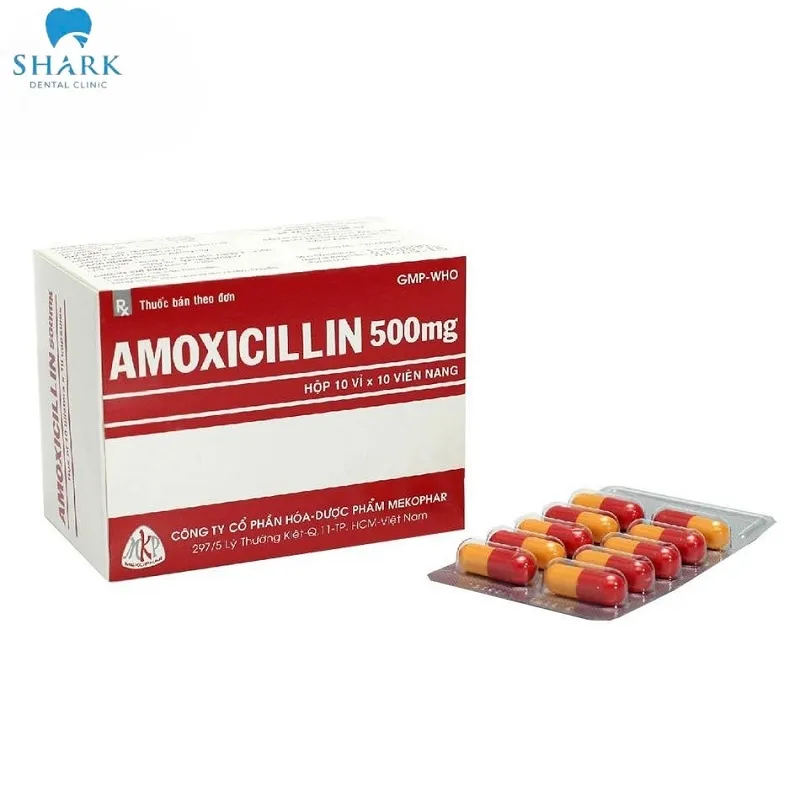
Risks of antibiotic overuse or unnecessary use
Antibiotics are not a permanent solution for treating infections in the tooth pulp and should only be used when prescribed by a dentist. Misuse or overuse of antibiotics can lead to several harmful effects, including:
Elimination of beneficial bacteria in the body
While antibiotics effectively kill harmful bacteria and prevent infections, they can also destroy beneficial microorganisms in the gut. This disruption can lead to digestive problems, stomach ulcers, and an increased risk of Clostridium difficile (C. diff) infection, which is challenging to treat.
Damage to liver and kidney function
Overusing antibiotics can strain the liver and kidneys, impairing their function and increasing the risk of serious conditions such as liver dysfunction or elevated liver enzymes that can harm liver cells. This situation is particularly dangerous for children, whose immune systems are still developing.

Development of antibiotic resistance
Prolonged overuse of antibiotics may lead to antibiotic resistance. Bacteria can adapt and become unresponsive to previously effective medications, resulting in future infections that are harder to treat. Consequently, if the illness recurs, the same antibiotics may no longer work.
Negative impact on the cardiovascular system
Certain antibiotics, when used excessively, can adversely affect the cardiovascular system. They may cause complications such as irregular heartbeat or increase the risk of heart valve disease. Therefore, patients with a history of heart disease or low blood pressure should always consult their dentist or physician before taking antibiotics to minimize potential risks.
Increased risk of allergic reactions or anaphylaxis
Anaphylaxis is one of the most severe side effects of antibiotic misuse and occurs in individuals allergic to certain components of the medication. Symptoms may include difficulty breathing, skin rashes, and low blood pressure. In severe cases, anaphylaxis can be life-threatening. For this reason, antibiotics should be used cautiously, and you should always follow the exact dosage prescribed by your dentist.

In summary, this article clearly explains how long to take Amoxicillin after root canal. To achieve optimal treatment results, it is essential to strictly follow your dentist’s instructions and avoid increasing the dosage or overusing antibiotics on your own. Doing so will protect your health and reduce the risk of unwanted complications.
>>> See more: Root canal treatment costs in Ho Chi Minh City

